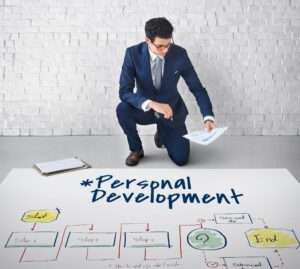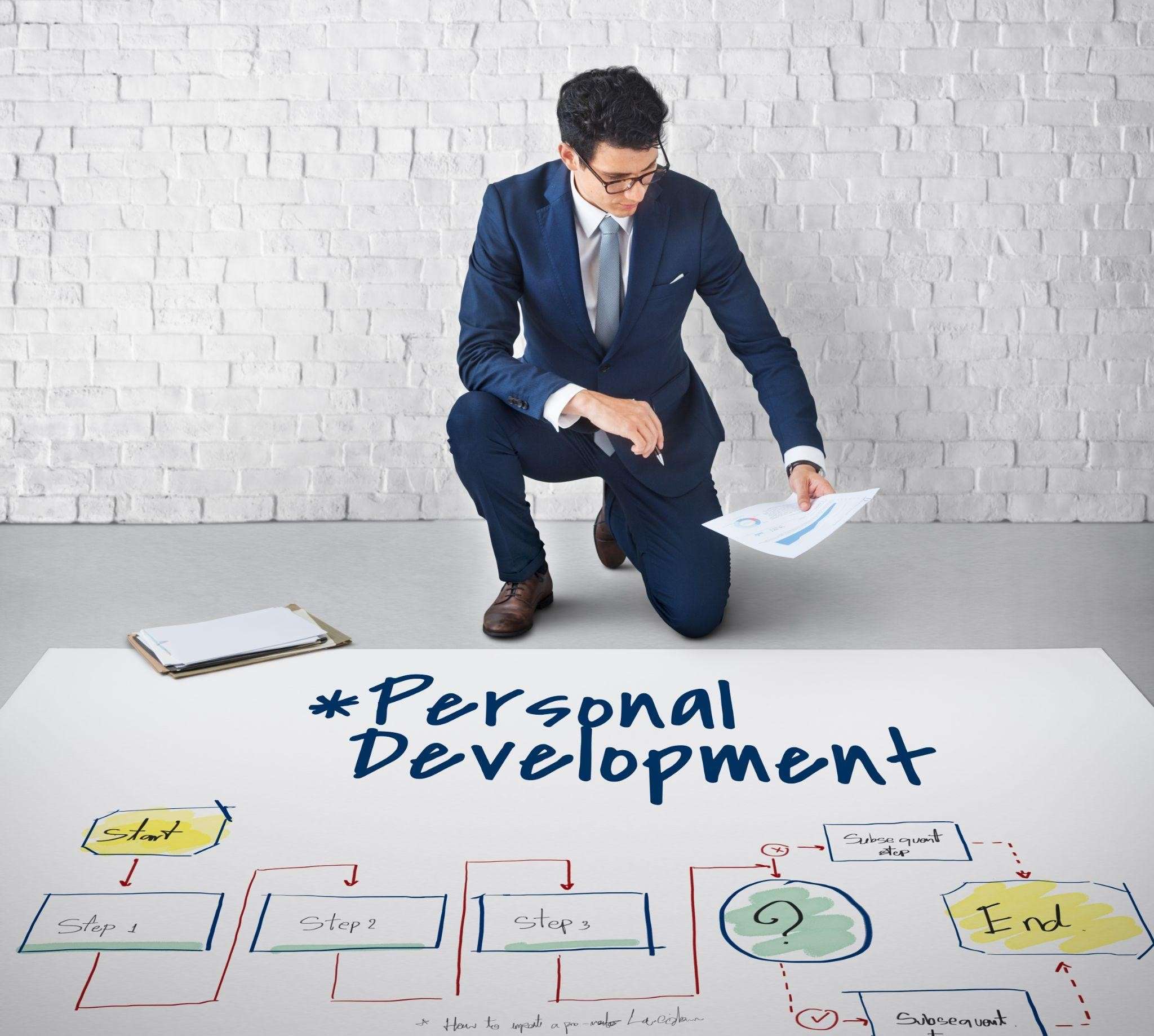Assessing personality and skills in today’s digital age has been enhanced by the introduction of artificial intelligence (AI). AI plays a significant role in assessing human characteristics and forecasting future potential.
The leading tools in this field are the “personality skills test” and “personality and skills test,” which are designed to gather information about an individual’s motivations, preferences, interests, emotional makeup, and approach to interpersonal interactions and situations.
However, integrating AI also presents unique challenges, as is typical of all pioneering technologies.

Before diving into the complexities, let’s underline three pivotal research insights about the profound influence of AI-based technical test assessment tools:
Precision Amplified: A standout discovery is the heightened accuracy of AI-driven assessment tools. Properly configured, they can outperform conventional methods in forecasting candidate compatibility, resulting in optimal hiring decisions.
Counteracting Bias: Leveraging its immense data analytics, AI has the potential to detect and neutralize biases, ensuring a fairer recruitment process.
Dynamic Adjustments: Unlike the static nature of traditional tests, AI-infused assessments offer real-time flexibility, tweaking questions based on a candidate’s feedback, thus delivering a customized evaluation experience.
AI-Based Technical Test Assessment Tools: Benefits and Challenges
Benefits:
Scalability: AI-driven assessment tools are capable of managing and evaluating large numbers of candidates at once. This efficiency enables rapid candidate screening, making recruitment processes more streamlined.
Consistency: By automating assessments, AI ensures a uniform testing experience for every candidate. This eliminates the inconsistencies that can arise from human-led evaluations.
Insightful Analytics: One of AI’s standout features is its ability to analyze vast amounts of data swiftly. Using these capabilities, AI assessment tools can offer organizations deep insights. These insights can then inform hiring strategies and provide a clearer understanding of workforce dynamics.
Challenges:
Complex Nature of Human Traits: Assessing human traits isn’t straightforward. While technical skills can be directly measured, softer traits, like dependent personality characteristics, are more intricate. These are shaped by individual experiences, emotions, and environments, making them challenging for AI to evaluate accurately.

Misinterpretation Risks: AI might not always get it right. There’s a possibility that it could misread responses. For example, a candidate might answer a question that aligns with dependent personality traits due to current circumstances rather than inherent nature.
Ethical Dilemmas: Using AI to judge personal traits raises moral questions. Is it right for a machine to decide someone’s personality, especially without their explicit knowledge? Furthermore, how is this sensitive information managed and safeguarded?
Cultural Sensitivity: Personality and skills tests might not be universally applicable. What’s designed and effective in one cultural setting might be inappropriate or ineffective in another. For AI tools to be global, they must be fed data from a broad spectrum of cultural backgrounds.
Reliability on Data: AI’s effectiveness is directly tied to the data it’s provided. Any biases in the data can lead to skewed results, possibly resulting in unjust or inaccurate assessments.
Opaque Decision-making: AI’s thought process isn’t always clear or understandable to humans. For stakeholders to trust AI assessments, they need to be sure of how it reaches its conclusions. This necessitates a more transparent AI decision-making process.
Future Prospects of AI in Candidate Assessment
The landscape of AI-driven assessment tools is evolving, and several breakthroughs can redefine the way we perceive candidate evaluation:
Integrated Profiles: AI tools of the future will likely offer holistic views of candidates. By merging information from platforms like social media, past work experiences, and other digital footprints, these tools will paint a more rounded picture of an individual’s traits and competencies.
Understanding Emotions: Advanced emotion detection is on the horizon. Soon, AI could discern subtle cues from a candidate’s facial features or voice modulations during video interactions. This capability can enrich the depth of personality assessments, making them more layered and comprehensive.
Addressing Biases: One of the prime challenges in assessments is inherent biases. With AI’s growing proficiency, there’s an optimistic outlook towards its real-time bias identification and rectification, paving the way for fairer evaluation processes.
Virtual Reality (VR) Engagements: The prospect of VR in assessments is exhilarating. Envision applicants navigating through lifelike simulations, facing scenarios that test their reactions and decision-making. This immersive approach can unveil nuances of a candidate’s persona and cognitive abilities in ways traditional tests can’t.
Ever-evolving Algorithms: AI’s capacity for continuous learning ensures that the tools will remain updated. As they absorb fresh data and insights, their algorithms will refine, aligning with the latest research and trends in assessment, guaranteeing sustained relevance.
In essence, the impending advancements in AI promise a more insightful, equitable, and comprehensive approach to candidate evaluation, heralding a transformative era in recruitment and talent management.
Read more about :
Effective Methods for Assessing Technical Skills in Tech Job Positions
Proficiency in Technical Skills: A Software Tester’s Key to Effectiveness
Essential Technical Skills for a Performance Tester
Conclusion:
In conclusion, while AI-based technical test assessment tools offer a bright horizon for the assessment of dependent personality using the “personality skill test,” a detailed perspective is crucial. The advantages they bring, from scalability to data-driven insights, are substantial. Yet, challenges related to human behavior’s intricacies, ethical considerations, and cultural nuances can’t be ignored. As technology continues to evolve, the future for AI in the realm of personality skill tests seems promising, but achieving this potential will demand ongoing scrutiny and enhancement.






